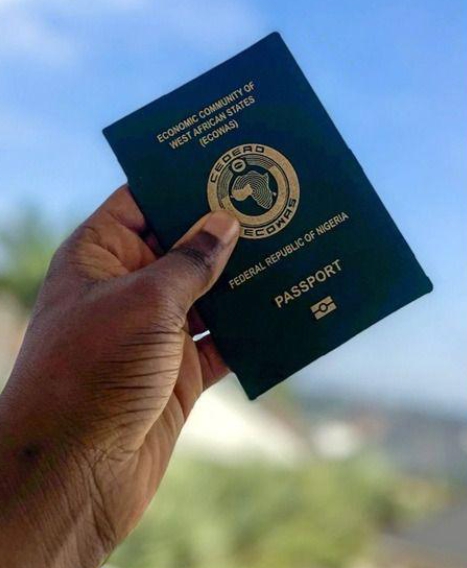
BREAKING: EFCC CEO Ola Olukoyede Urges National Assembly to Enact Law Against Unexplained Wealth

In a defining moment in Nigeria’s anti-corruption narrative, the Executive Chairman of the Economic and Financial Crimes Commission (EFCC), Mr. Ola Olukoyede, has directly appealed to the National Assembly to enact a stringent law on unexplained wealth—a move he says would be a game-changer in the nation's struggle against economic and financial crimes.
Speaking emphatically at the climax of a two-day International Law Conference hosted by Christopher University, Mowe, over the weekend, Olukoyede made it clear that Nigeria lags dangerously behind global standards.
“Our legislation is outdated,” he warned, insisting that without a statutory framework dedicated to unexplained wealth, Nigeria's anti-corruption drive risks remaining toothless.
His plea was unambiguous: “Treasury looters would have little cover if unexplained wealth was tackled seriously.”
The concept is already widely adopted across the globe. The United Kingdom pioneered Unexplained Wealth Orders (UWOs) in 2018, enabling enforcement agencies to legally seize assets when legitimate income sources cannot be proven. Australia, Mauritius, Kenya, Zimbabwe, and even Caribbean nations such as Trinidad and Tobago have followed suit.
In contrast, Nigeria remains shackled to Section 7 of the EFCC Act, a far weaker instrument that does not provide the backing needed to target and freeze suspicious wealth held by public officials or politically exposed persons .
Olukoyede highlighted that the EFCC has had to rely on this outdated legal provision to secure arrests and recover assets ranging from luxury homes and vehicles to jewelry and offshore bank accounts.
These successes, though commendable, offer no structural guarantee that future asset seizures will be swift or unchallenged.
Nigeria’s current laws allow suspects to drag investigations into long-winded court battles, effectively shielding looters behind legal loopholes.
Beyond domestic constraints, the EFCC chairman also emphasized international collaboration as vital in combating transnational crime—particularly where stolen funds are stashed overseas.
He noted that Nigeria’s success in recovering stolen assets has led to constructive partnerships with agencies like the UK’s National Crime Agency, Australia’s AFP, and local judicial systems across the Global South.
Yet without a strong domestic legal backbone, repatriation of illicit funds remains slow and legally cumbersome.
The need for reform is not simply bureaucratic—it’s urgent. As The Punch editorial board pointed out, introducing an unexplained wealth law would restore public trust, strengthen asset recovery, and enhance the deterrent effect of anti-corruption enforcement .
A Bill introduced by Senator Ali Ndume in the Ninth Assembly was regrettably derailed, yet the momentum for reform remains alive . Nigerian commentators insist the current administration under President Tinubu must collaborate with the National Assembly to revive and pass such legislation.
Despite pushback from entrenched interests, the proposed law could revolutionize Nigeria’s governance landscape.
It would close the gap between declared income and lifestyle outcomes, placing the burden of proof on individuals with significant assets disproportionate to their official records.
It would also provide legal teeth to freeze assets pending explanation—a tool critics say is needed to halt looters before corruption becomes irrecoverable.
But implementation will not be easy. Enemies of the reform will argue it risks becoming a weapon of political witch-hunts.
Olukoyede actively addressed these fears at the Mowe conference, assuring that objective standards and judicial oversight would prevent abuse.
Moreover, by pointing to international best practices where similar laws coexist with democratic accountability, he underlined that transparent, accountable frameworks are both possible and effective .
Today, Olukoyede is on a mission that extends beyond rhetoric. He is urging lawmakers to translate talk into legislation—and fast. With Nigeria still mired in a gray zone between ambition and action, this call may signal a turning point.
The imperative is clear: enacting an Unexplained Wealth Act isn't just about recovering stolen assets—it’s a pivotal test of Nigeria’s capacity to define its democratic destiny.
The real challenge lies ahead: will the National Assembly heed this call and draft meaningful legislation? Or will Nigeria’s anti-corruption ambitions remain shackled by legal inertia? The coming weeks will determine whether history remembers this moment as the beginning of a new era—or a missed opportunity.


